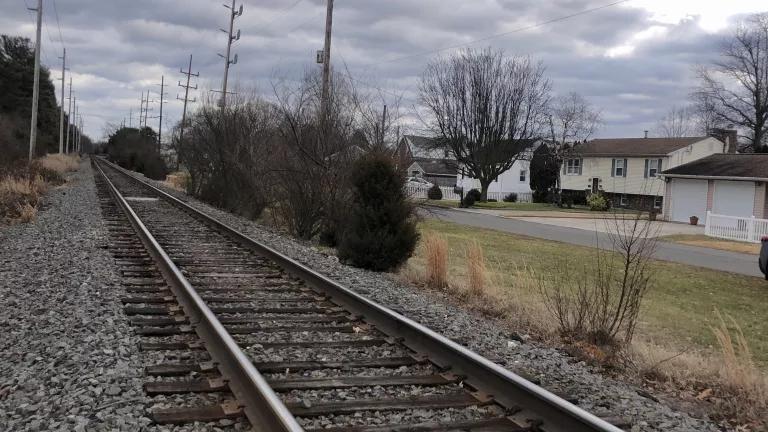Today the New York Times published an editorial that the State Department should say no to the proposed Keystone XL tar sands pipeline.
The proposed Keystone XL pipeline would bring tar sands oil from Canada’s Boreal forest to the U.S. Gulf coast crossing the Nebraska Sandhills and the Ogallala Aquifer. The pipeline puts in place an infrastructure of continued dependence on ever riskier and dirtier sources of oil.
The editorial notes that the State Department’s original environmental assessment was “sharply criticized” by the Environmental Protection Agency. In fact, State just recently agreed to a new draft supplemental environmental impact statement to fill in some of the gaps that they left the last time around. However, State is on the brink of getting it wrong again: they have said they would do this new assessment in a month. It is hard to believe that State can give critical issues such as an alternate route for the pipeline, pipeline safety, environmental justice and community health around U.S. refineries and impacts on climate change, the analysis they deserve in just a month. Hopefully, State will give the assessment the time is needs. As the editorial says, this next environmental review “needs to be thorough and impartial.”
The editorial also notes that the Department of Energy said that the “pipeline would have a minimal effect on prices, and there is already sufficient pipeline capacity to double United States imports from Canada.” This is an issue that my colleague Liz Barratt-Brown has also addressed in an earlier blog.
And very importantly, the editorial finds the environmental risks “enormous.” Environmental risks in Canada include destruction of the Boreal forest, high greenhouse gas emissions, threat to water supplies, toxic waste ponds, harm to migrating birds, and potential health impacts for downstream First Nations. In the United States, the editorial notes that when it comes to the Nebraska Sandhills and the Ogallala Aquifer, “a pipeline leaking diluted bitumen into groundwater could have disastrous consequences.”
At a time of transition to a clean energy economy, continued dependence on tar sands oil mires us in the past. Instead of freeing us from dependence on oil from hostile regions, continued dependence on tar sands oil keeps us linked to a global oil market that is at the heart of strife in many regions of the world. Continued dependence on tar sands oil puts us at risk from the ever worsening impacts of climate change. The editorial is correct when it concludes that: “Moving ahead would be a huge error. From all of the evidence, Keystone XL is not only environmentally risky, it is unnecessary.”



